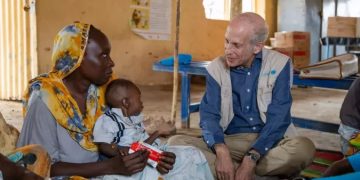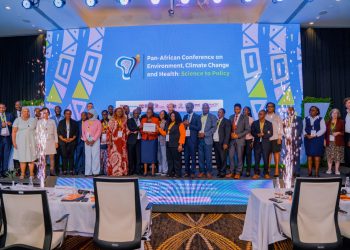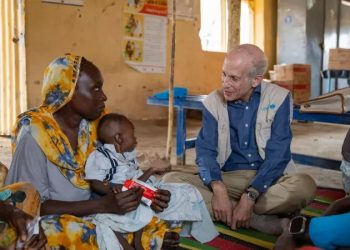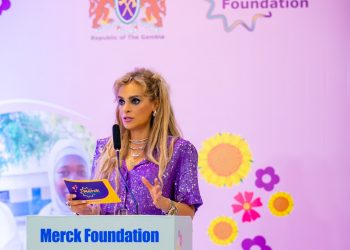By Pauline Achieng Tom @pauline_tom
Disparities in breast cancer research are driving poor prognosis due to limited effective treatment options, a consultant surgeon has said. According to Dr Edwin S. Otieno, a consultant surgeon at Acacia Breast Clinic, more black women die from breast cancer compared to white women due to disparities in research, detection and treatment.
“There are big gaps in breast cancer research because of our lineage and genetic material, it is up to Africans to put more money into research of cancer among our people,” he said. Dr Otieno said there is an urgent need to address racial disparities in breast cancer research by studying cancer subtypes and beyond the molecular level.
“Most medical books that we are reading are based on European research, in America, breast cancer has been extensively studied and most of the information provided is more applicable to the white population than black population.”
According to the Kenya Network of Cancer Organizations (KENCO) about 6000 cases are reported every year, despite routine screenings been shown to reduce the risks of succumbing to the disease.
“There is a high mortality rate in Africa compared to Europe. Their cancer has different characteristics which are better than ours, our cancers occur in young people with aggressive factors and it also occurs early in black Africans and is diagnosed when it is advanced.
The disease is more aggressive in black people.” Further, research will enable advances in technology that will enable individualized care focused on determining the genetic variations that increase the risk for aggressive breast cancer so that tailored interventions and treatment plans can be developed.
There is a need for revision in custom screening guidelines as well as a revision of predisposing factors for black women compared to white women, risk factors that apply for women in the west may not be true in an African setting this will help to significantly reduce the rate of breast cancer mortality among black women.
“Known Breast cancer risk factors seem to apply more to Europeans as opposed to Africans, for example, the age at which you have your first baby is considered a risk factor if you have children late your chances of breast cancer increase.” Dr Otieno explained. He said in tropical Africa people tend to have children early and still have breast cancer estrogen.
Age is also an important risk factor. According to health experts, women in their 50s and above are at a higher risk of getting breast cancer. Despite all these disparities Dr. Otieno insists that vigilance is key. Kenyan women are much more likely to die from breast cancer due to late diagnosis at which point the prognosis is poor, coupled with limited treatment options.
There is a need to practice regular BSE since it’s free and effective when done regularly. BSE can significantly reduce breast cancer mortality through early detection. There is a disconnect between knowledge and practice because only 50 per cent of aware women practice BSE and only 30 per cent practice it regularly















